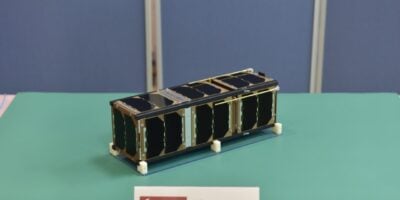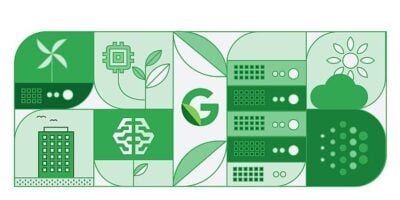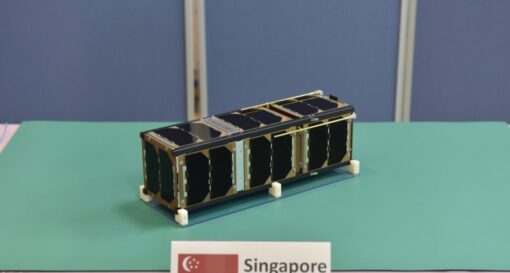
CEA lab works on e-waste recycling in Singapore
The €13m NTU Singapore-CEA Alliance for Research in Circular Economy (NTU SCARCE) will focus on four research thrusts that address the recycling and recovery of materials from common e-waste such as discarded lithium-ion batteries and printed circuit boards as well as silicon solar panels and plastics from e-waste.
The lab will develop eco-friendly methods to recycle lithium ion batteries, and extract up to 75 per cent of metals such as cobalt, nickel, lithium and manganese. These materials can be re-used to produce new lithium ion batteries.
his is CEA’s first research centre outside of France and will look at formulating advanced e-waste separation and extraction techniques that are more eco-friendly and energy efficient than current methods. “The CEA has been collaborating with NTU since 2012 on materials science and the creation of the joint NTU-CEA laboratory, our first one to be implemented abroad, is a new decisive step in that way. More than 15 CEA researchers will spend extended periods in Singapore to strengthen this collaboration. This will make the most of CEA’s world-renowned expertise and technologies in materials recycling and waste management,” said CEA Deputy Chairman Dr. Laurence Piketty.
“在与南大的合作中,我们将检查solutions for recycling batteries, solar panels and for the treatment of electronic waste, where our R&D and innovation will be translated into industrial processes for getting high value-added products,” he said.
The National Environment Agency (NEA) of Singapore is supporting this NTU-CEA joint research centre under the agency’s Closing the Waste Loop (CTWL) Research and Development (R&D) Initiative.
“This joint research centre will grapple with one of the most increasingly important issues in recycling as the world continues to produce more electronic devices and e-waste. It will study new methods and technologies to process and recover precious materials from e-waste, while minimising environmental impact,” said NTU President Professor Subra Suresh.
E-waste contain heavy metals that are both valuable and hazardous, which must be properly managed and disposed. The proper recycling of e-waste will not only protect human health and the environment, but also conserve resources from the materials recovered.
“In Singapore, about 60,000 tonnes or 11kg of e-waste per person are generated each year. This lab will support the nation’s mission to find new ways to recycle e-waste in a sustainable and eco-friendly manner while at the same time, extract materials that can be re-used again,” said NTU Professor Madhavi Srinivasan, Co-Director of the centre.
Current industrial PCB recycling processes emit harmful pollutants and/or liquid waste that require costly treatment processes so that they can be safely released into the environment so researchers will develop novel methods to separate and recover as much organics and ceramics for a variety of applications.
“Closing the materials loop is a key challenge to enabling a sustainable environment. Electronic waste recycling concentrates many of the issues that must be solved and is the perfect testbed towards that aim. Together with my colleagues in CEA, we are thrilled by this opportunity to work in synergy with our Singapore partners,” said Co-Director Dr Jean-Christophe P. Gabriel of CEA.






